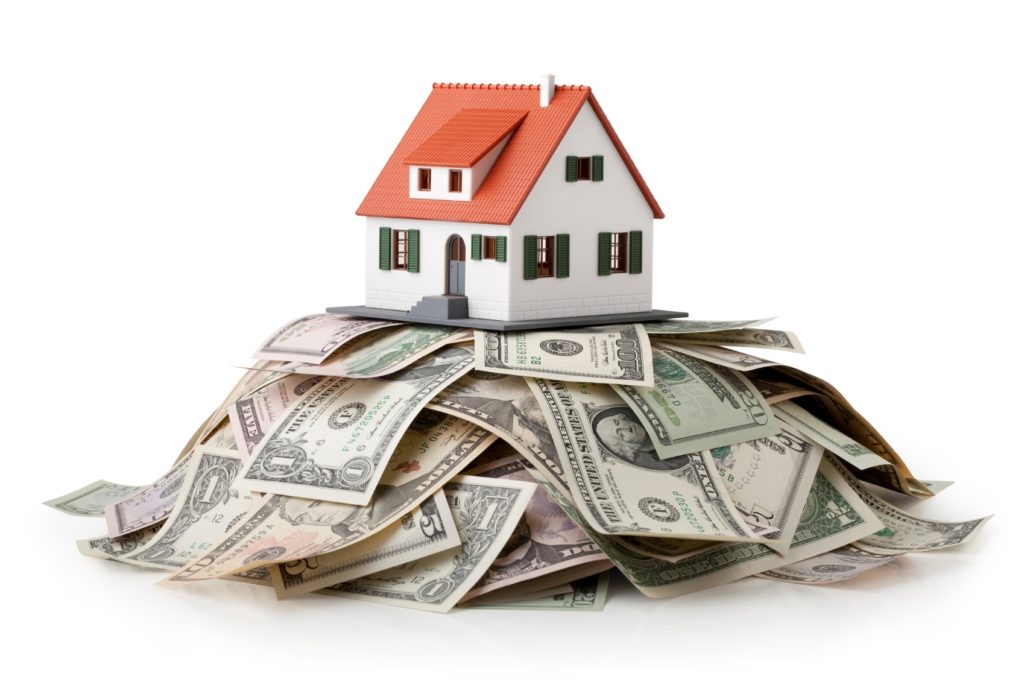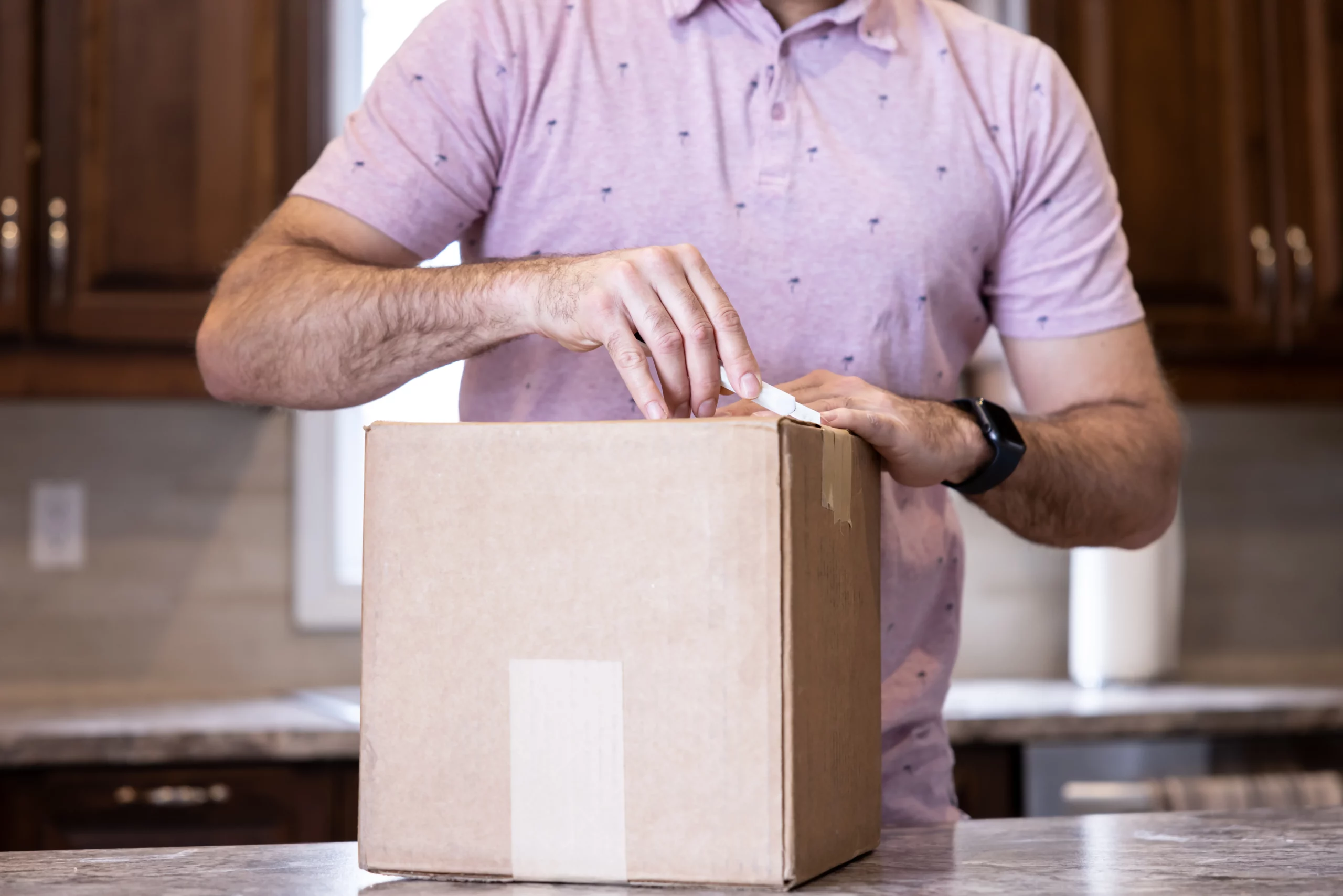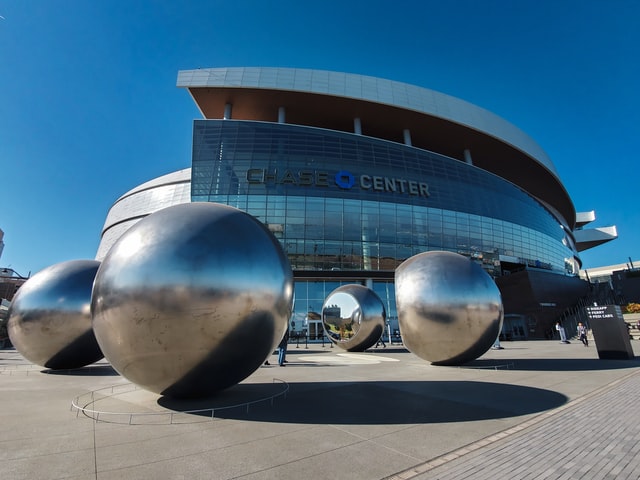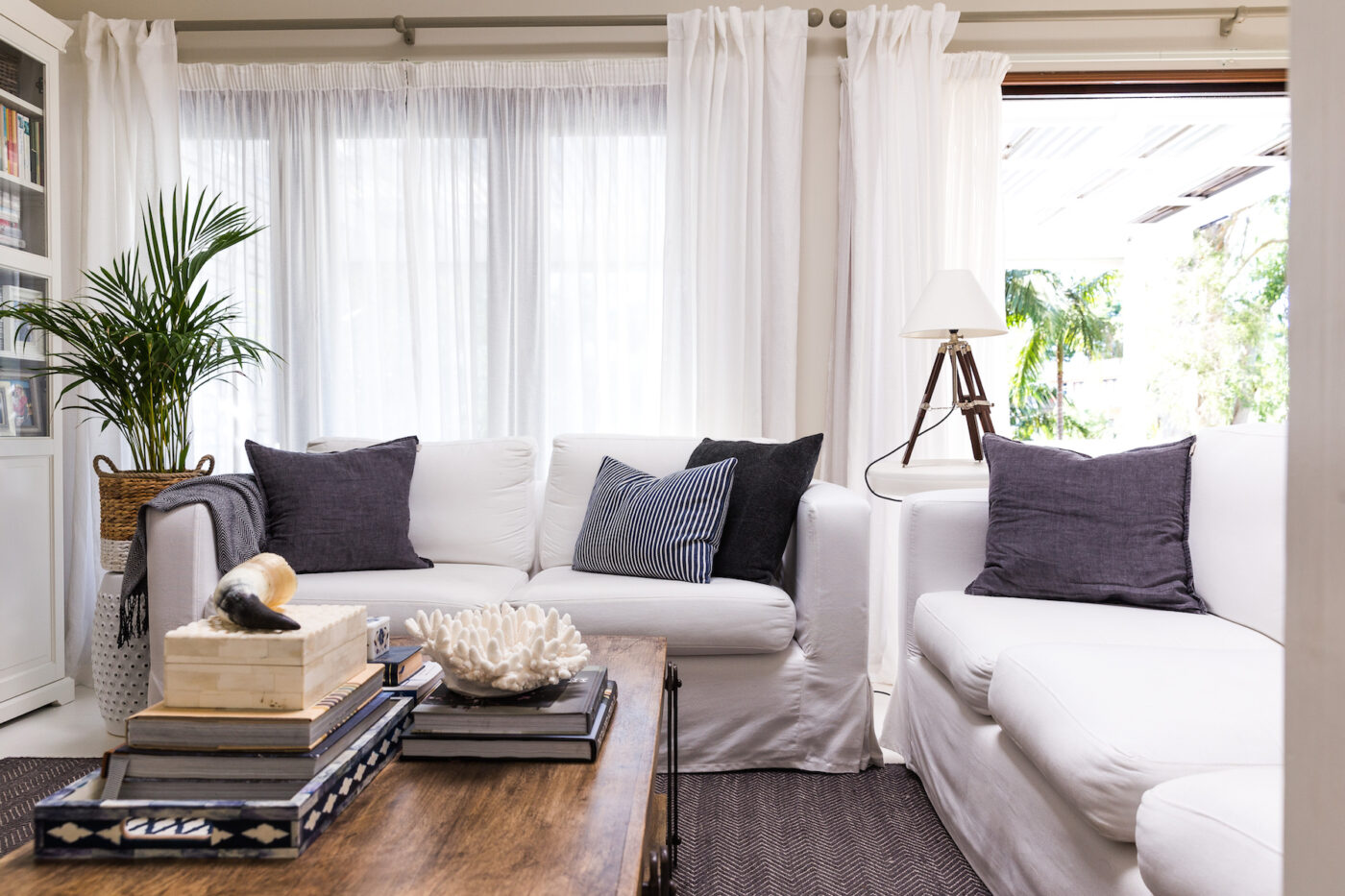The important questions to ask before investing in real estate

Investments have become extremely popular during covid due to the interest rate being so small. However, you have got to put relevant research into your investments to make sure that you do not lose any money that you put in.
Looking at both the positives and the negatives before making any moves is vital. The positives for investing in the commercial estate are that the annual return that you receive from these types of buildings is far larger than residential. Not only this but it requires a lot less time as well. Being a landlord for residential properties is time-consuming and can be 24/7 however with the commercial properties it will more than likely be your typical officer hours (9 AM – 5 PM).
That being said, residential properties bring some great positives that commercial properties do not bring to the table. One of them is that the value of residential properties goes up massively within the next 10 – 15 years which is great for the bank account if you want to cash out. Something else to consider is that they are a lot cheaper to maintain compared to commercial property.
Obviously, they both bring their own negatives to the table but that was just a couple of positives. If commercial property is the investment you want to look at then you should understand the investment properly.
Coming Up Next
Deciding who your customers/ tenants are
This is very important because if you know who your customers are then you will have a general idea of what they will be asking for. For example, a student will be asking about what bills be included with their rent and where is the nearest bust stop for their campus. It is all about the famous saying, “Fail to prepare, prepare to fail.”
If you are looking at buying residential properties then you will be looking at families, pensioners, students, or just new young tenants. Obviously, with your commercial property, it will be a lot different. You will be considering a warehouse, hotels, retail shops, offices, and other things. As long as you understand the location of your property and pick the right tenants, then you cannot go far wrong.
How much money do you need on top of your property?
This all depends on the type of property you buy. The best way to do this though is to save at least an extra 10% on the price of your property. For example, if you bought a property for £400,000 then you should look at saving an additional £40,000 just in case the property needs any maintenance work or personal improvements before renting it out. Not to forget the initial bills that you will get once you have purchased the property. There are bound to be some issues once you get the property which you did not see when you were looking around. So, it is important to be prepared for these problems before they get out of hand.
Assessing the risks before committing to the purchase
Some of the negatives got mentioned earlier but they were only touched on. The market for residential property is very volatile. You could purchase a house to rent out but it could go down in value or it could go up. If it goes up, it might put off potential tenants that want to rent out the property meaning you will have to pay the bills on your own for a little while. If the price goes down, you will have to lower the rent which means it will take longer to get your profit on the property.
For commercial property, it could take a very long time for someone to rent the property off you simply because it requires a lot of commitment. Until you successfully get a tenant that wants to rent the building off you, you are looking at paying all the bills for it yourself until somebody else wants to use it.
Nonetheless, If you successfully complete a risk assessment of the property that you are looking to purchase then not much can go wrong.
Finally, establishing the condition of the property
This is very important, especially if you have now bought the property and it is yours for the time being. Getting a professional firm to look at the current state of the property is very important as they might pick up on something that you have missed. Organizing schedules of condition is very important when you finally do get a tenant as this is a way that both landlord and tenant can come to an agreement on the current shape of the building.
Doing this means that both tenant and landlord have come to an agreement on what needs doing/ fixing. For example, if there is a damp wall in a residential property then that should be fixed straight away from the landlord’s behalf. If it is for a commercial property then there might be a blocked pipe or a leaking radiator that needs fixing on the behalf of the landlord. Once everything is established then it causes less chance of any potential dispute during the lease between the landlord and tenant.
Conclusion
This article might have scared you away from looking to buy residential property or commercial but it definitely should not have. It is to make sure you do not make the mistakes as you did with a vacation rental. This article is just to help you consider a few things that you might have forgot to consider before buying a property. Obviously, not everything is covered in this article so make sure that you do your own individual research on top of this to make sure you cover all bases. Once you have done your risk assessment and considered the potential issues then you will be fully prepared for what is to come and you will reach your maximum profits.



